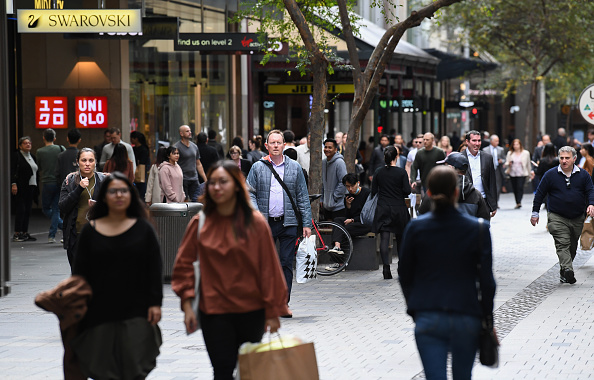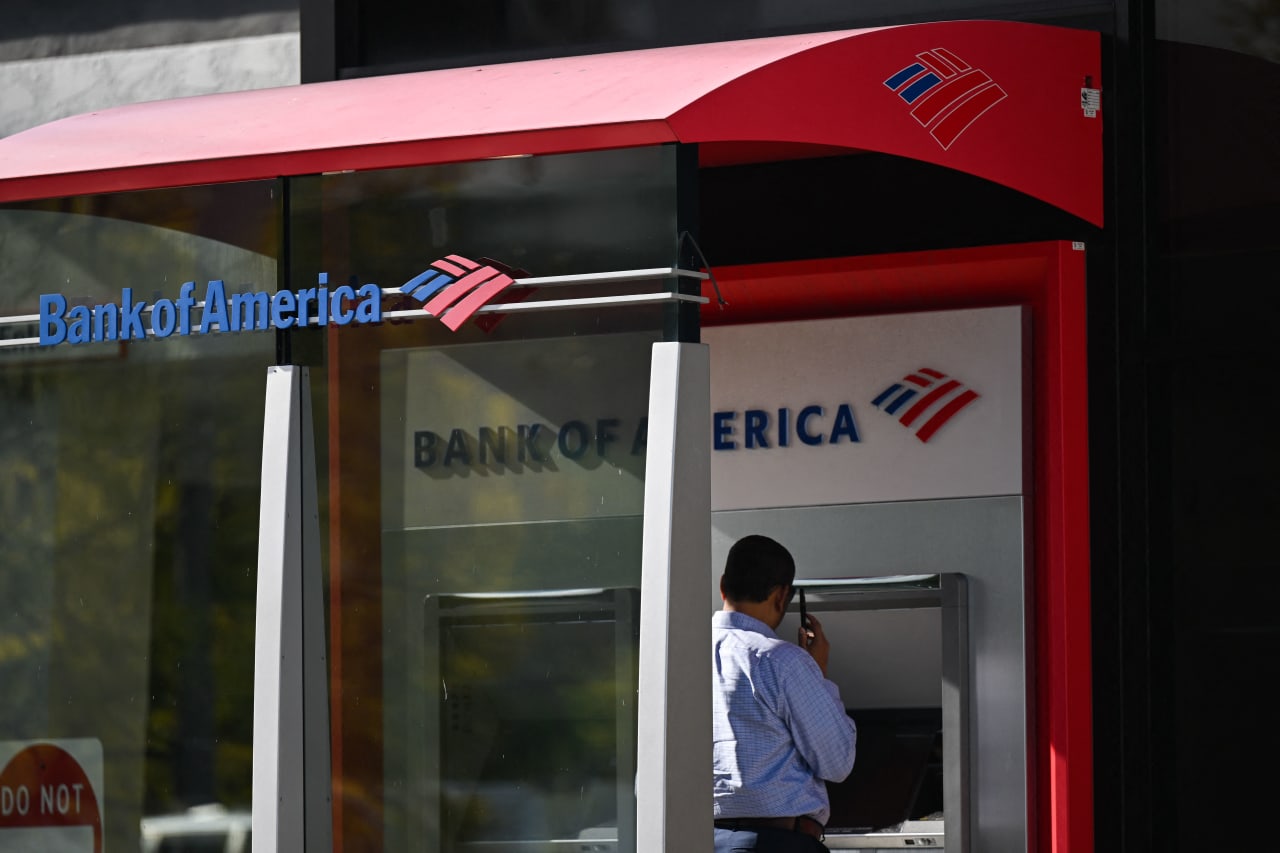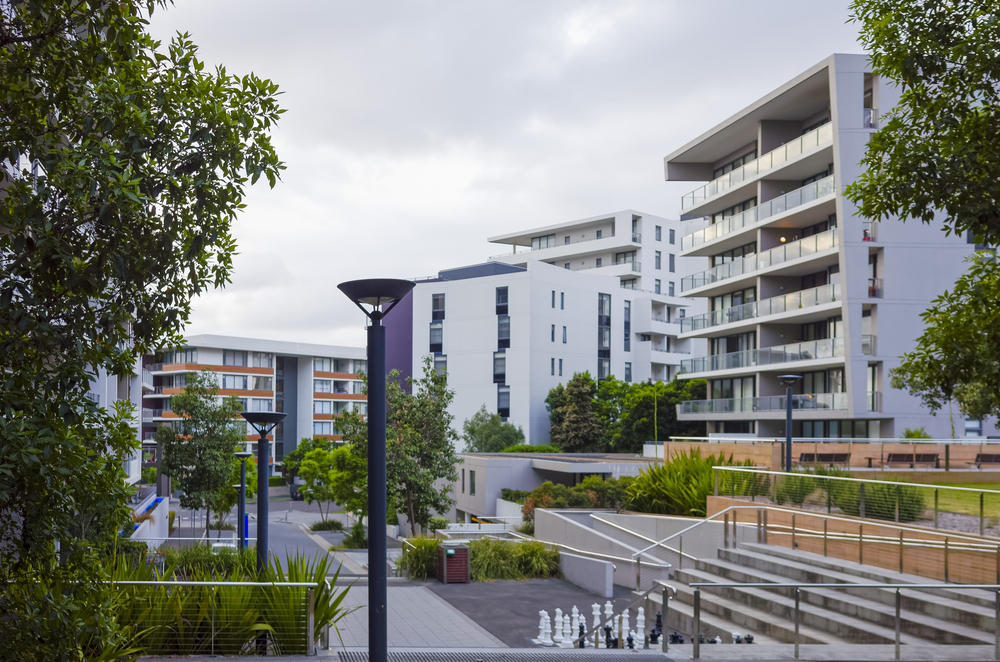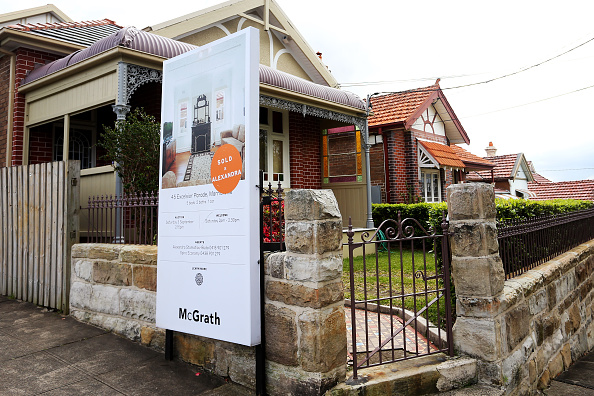Australians more mindful with spending as belt tightening moves another notch
Consumers are focusing on key areas of spending as the weight of interest rate payments impact budgets
Australian consumers are strapping themselves in for a bumpy ride, as they focus on key spending areas, new data reveals.
In signs that consumers are being more mindful with their money, the newly launched CommBank Household Spending Insights (HSI) Index shows that spending in July increased in areas such as household goods, transport, hospitality, education, insurance and communications.
This was offset by a decline in spending on more discretionary areas, such as recreation and food and beverage goods, as well as utilities, motor vehicles and household services.
The report showed that South Australia experienced the strongest growth of all Australian states in July, up 1.9 percent, followed by Victoria and NSW, both up 1.7 percent. However, over the past year, Western Australia came out on top, with spending increased by 3.5 percent, followed by the Northern Territory and South Australia, both at 3.4 percent. Over that same time period, spending fell in NSW, down -0.2 percent, with Victoria recording a fall of -0.3 percent.
CBA Chief Economist Stephen Halmarick said a dramatic hike in interest rates since May 2022 was clearly having a major impact on household budgets.
“The effects of 400bp of RBA interest rate increases is clearly reflected in a significant overall slowdown in household spending as measured by the CommBank HSI Index,” he said.
“Monetary policy is now restrictive and financial conditions will continue to tighten in the months ahead on the lagged effect of RBA interest rate increases and the fixed rate mortgage refinancing task. We continue to expect household spending to weaken further over the remainder of 2023 and 2024.
“While the RBA is likely to hold the cash rate at 4.1 percent for an extended period, we expect it will start lowering interest rates in March next year to 3.1 percent by the end of 2024 – in response to a slowing economy, inflation closer to target and a softer labour market.”
The CommBank Household Spending Insights Index has been compiled using payments data from about seven million CBA customers, equivalent to about 30 percent of all consumer transactions in Australia, to track latest trends across 12 categories in consumer spending. Mr Halmarick said the CBA payments data is now aligned to Australian Bureau of Statistics spending categories to be nationally representative and seasonally adjusted.
This stylish family home combines a classic palette and finishes with a flexible floorplan
Just 55 minutes from Sydney, make this your creative getaway located in the majestic Hawkesbury region.
When will Berkshire Hathaway stop selling Bank of America stock?
Berkshire began liquidating its big stake in the banking company in mid-July—and has already unloaded about 15% of its interest. The selling has been fairly aggressive and has totaled about $6 billion. (Berkshire still holds 883 million shares, an 11.3% interest worth $35 billion based on its most recent filing on Aug. 30.)
The selling has prompted speculation about when CEO Warren Buffett, who oversees Berkshire’s $300 billion equity portfolio, will stop. The sales have depressed Bank of America stock, which has underperformed peers since Berkshire began its sell program. The stock closed down 0.9% Thursday at $40.14.
It’s possible that Berkshire will stop selling when the stake drops to 700 million shares. Taxes and history would be the reasons why.
Berkshire accumulated its Bank of America stake in two stages—and at vastly different prices. Berkshire’s initial stake came in 2017 , when it swapped $5 billion of Bank of America preferred stock for 700 million shares of common stock via warrants it received as part of the original preferred investment in 2011.
Berkshire got a sweet deal in that 2011 transaction. At the time, Bank of America was looking for a Buffett imprimatur—and the bank’s stock price was weak and under $10 a share.
Berkshire paid about $7 a share for that initial stake of 700 million common shares. The rest of the Berkshire stake, more than 300 million shares, was mostly purchased in 2018 at around $30 a share.
With Bank of America stock currently trading around $40, Berkshire faces a high tax burden from selling shares from the original stake of 700 million shares, given the low cost basis, and a much lighter tax hit from unloading the rest. Berkshire is subject to corporate taxes—an estimated 25% including local taxes—on gains on any sales of stock. The tax bite is stark.
Berkshire might own $2 to $3 a share in taxes on sales of high-cost stock and $8 a share on low-cost stock purchased for $7 a share.
New York tax expert Robert Willens says corporations, like individuals, can specify the particular lots when they sell stock with multiple cost levels.
“If stock is held in the custody of a broker, an adequate identification is made if the taxpayer specifies to the broker having custody of the stock the particular stock to be sold and, within a reasonable time thereafter, confirmation of such specification is set forth in a written document from the broker,” Willens told Barron’s in an email.
He assumes that Berkshire will identify the high-cost Bank of America stock for the recent sales to minimize its tax liability.
If sellers don’t specify, they generally are subject to “first in, first out,” or FIFO, accounting, meaning that the stock bought first would be subject to any tax on gains.
Buffett tends to be tax-averse—and that may prompt him to keep the original stake of 700 million shares. He could also mull any loyalty he may feel toward Bank of America CEO Brian Moynihan , whom Buffett has praised in the past.
Another reason for Berkshire to hold Bank of America is that it’s the company’s only big equity holding among traditional banks after selling shares of U.S. Bancorp , Bank of New York Mellon , JPMorgan Chase , and Wells Fargo in recent years.
Buffett, however, often eliminates stock holdings after he begins selling them down, as he did with the other bank stocks. Berkshire does retain a smaller stake of about $3 billion in Citigroup.
There could be a new filing on sales of Bank of America stock by Berkshire on Thursday evening. It has been three business days since the last one.
Berkshire must file within two business days of any sales of Bank of America stock since it owns more than 10%. The conglomerate will need to get its stake under about 777 million shares, about 100 million below the current level, before it can avoid the two-day filing rule.
It should be said that taxes haven’t deterred Buffett from selling over half of Berkshire’s stake in Apple this year—an estimated $85 billion or more of stock. Barron’s has estimated that Berkshire may owe $15 billion on the bulk of the sales that occurred in the second quarter.
Berkshire now holds 400 million shares of Apple and Barron’s has argued that Buffett may be finished reducing the Apple stake at that round number, which is the same number of shares that Berkshire has held in Coca-Cola for more than two decades.
Buffett may like round numbers—and 700 million could be just the right figure for Bank of America.
This stylish family home combines a classic palette and finishes with a flexible floorplan
Just 55 minutes from Sydney, make this your creative getaway located in the majestic Hawkesbury region.


















